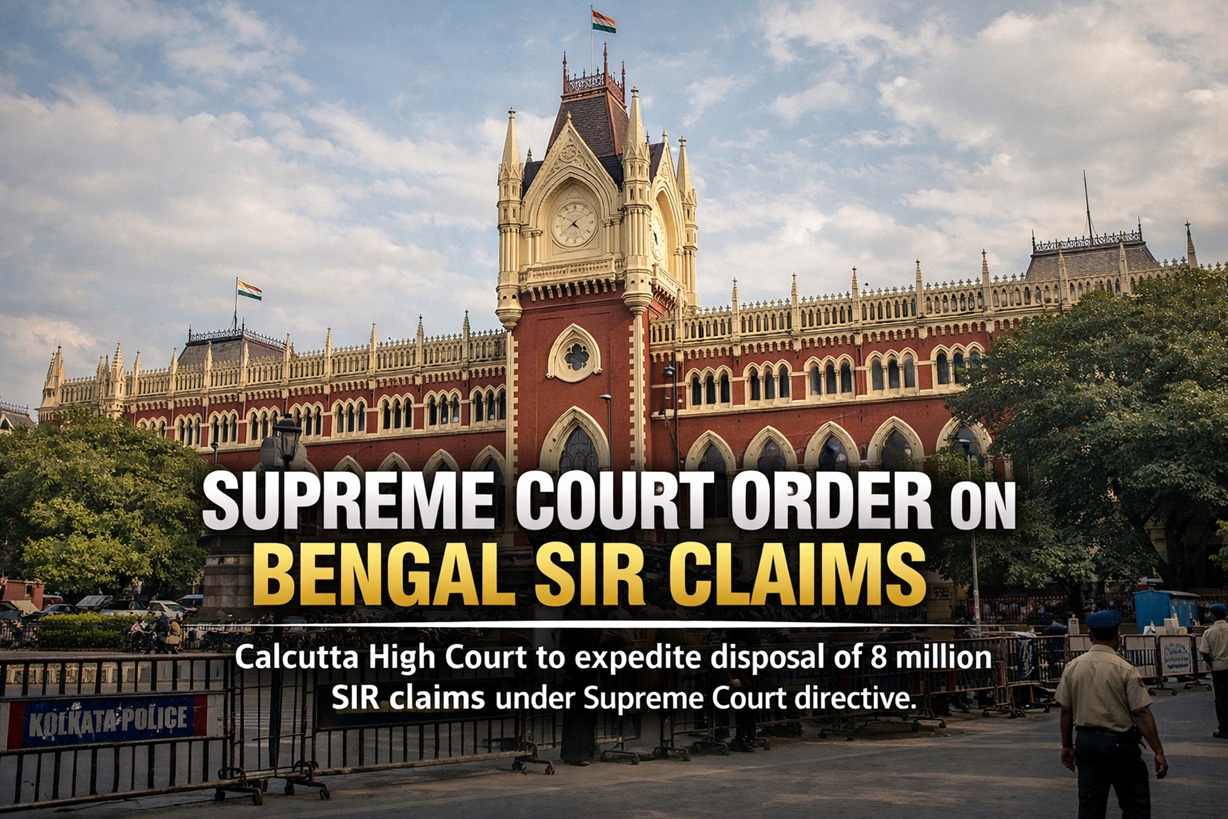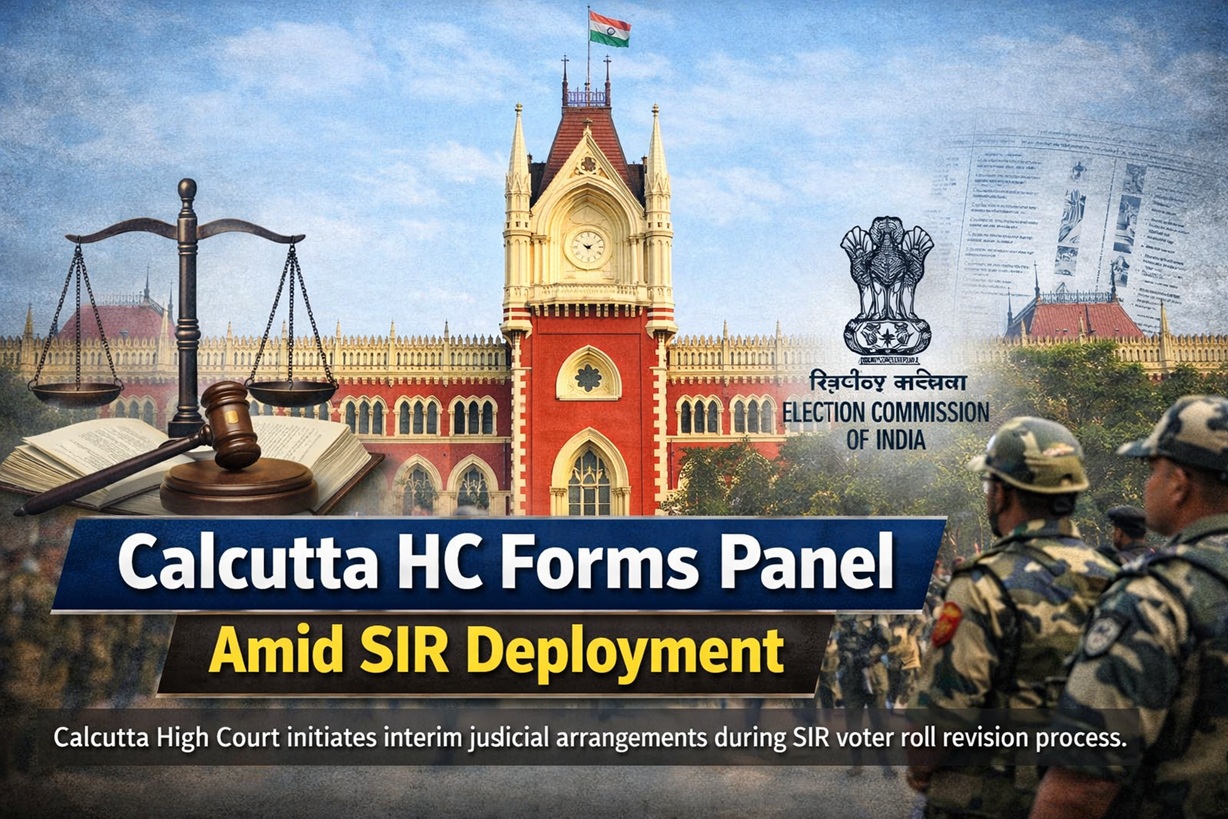Modi will be the first non-Congress leader to take oath as Prime Minister for a third consecutive term. He is also the only person in the history of independent India (besides the first Prime Minister, Jawaharlal Nehru) to have formed the government after winning three straight Lok Sabha elections as leader.
However, Following the Indian general elections, concerns have surfaced regarding Narendra Modi’s legitimacy to lead the government. Opposition factions contend that since the Bharatiya Janata Party (BJP) failed to secure an independent majority, Modi’s claim to the prime minister’s seat lacks public confidence. Yet, this assertion disregards both historical context and the electoral realities.
Verdict in Favor of the NDA:
Challenging Modi’s bid appears simplistic when considering the National Democratic Alliance’s (NDA) comfortable majority, with the BJP at its helm. The opposition’s assertion of Modi’s moral loss is unfounded, revealing a stretch in their interpretation of facts rather than a flaw in the prime minister’s moral standing.
Historical Precedents:
Opponents conveniently overlook instances where leaders like Dr. Manmohan Singh assumed office without contesting elections, as in 2004. Similarly, the United Front formed a government in 1996 despite the BJP lacking sufficient coalition partners. This selective memory casts doubt on the opposition’s argument against Modi.
Analysis of Election Results:
BJP’s Retention Rate: With a 68% retention rate of its 2019 seats, the BJP indicates minimal anti-incumbency sentiments against Modi or the party.
Marginal Defeat: Close defeats in 33 constituencies by margins of 6,000 to 8,000 votes underscore substantial support for Modi’s premiership.
BJP’s Expansion: Winning 32 new constituencies across diverse regions illustrates the BJP’s growing appeal as a nationwide alternative.
Direct Contests: Prevailing in 50 out of 92 direct contests against the Congress highlights the BJP’s electoral dominance in these matchups.
Vote Share: BJP received more votes than the Congress in the South, with 39 crore votes compared to Congress’ 3.91 crore votes. Outperforming the Congress in southern states with a significantly higher vote count emphasizes BJP’s widespread support. The evidence suggests that the mandate is not decisively against Narendra Modi. The BJP’s retention rates, narrow defeat margins, expansion into new territories, and substantial vote shares in key regions all signify enduring public backing for Modi’s leadership. While opposition scrutiny is legitimate, their argument lacks substance and fails to acknowledge historical parallels. Ultimately, Modi’s legitimacy to form the government emanates from the electorate’s verdict, affirming their continued trust in his governance.





